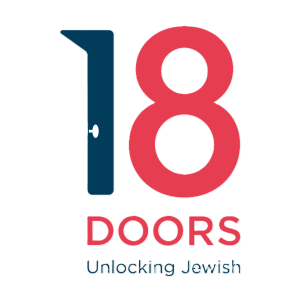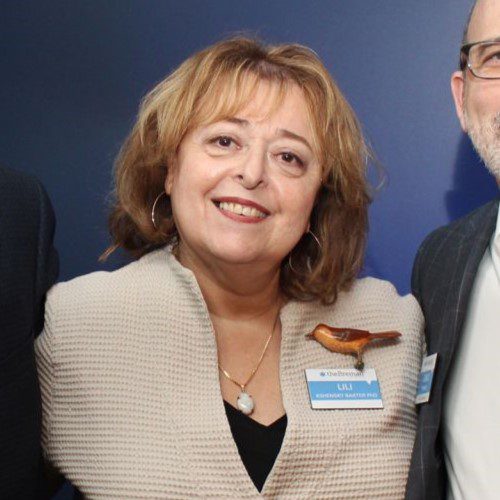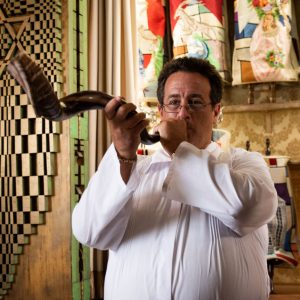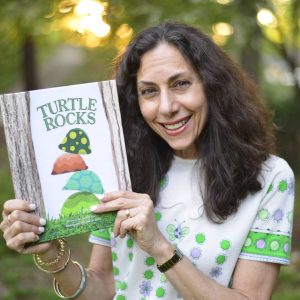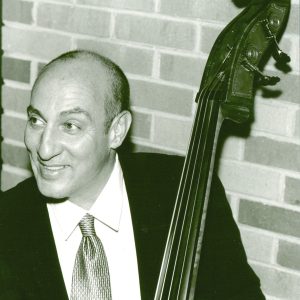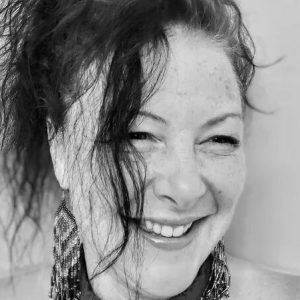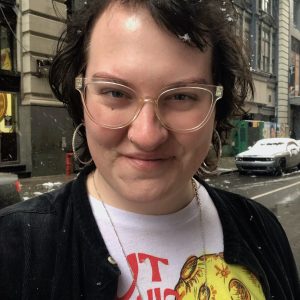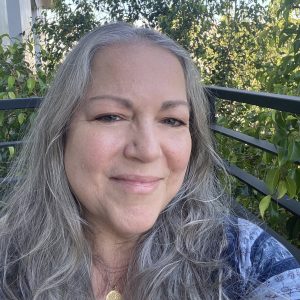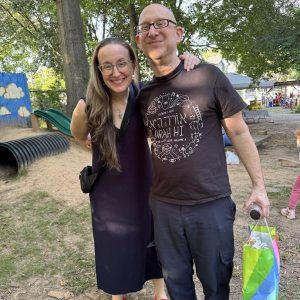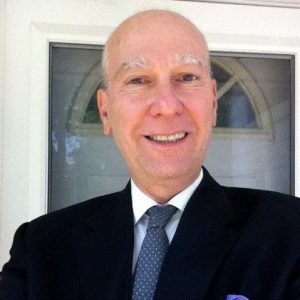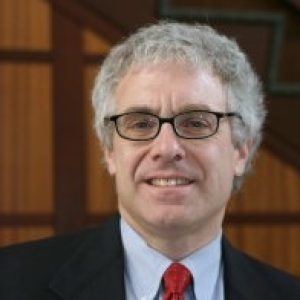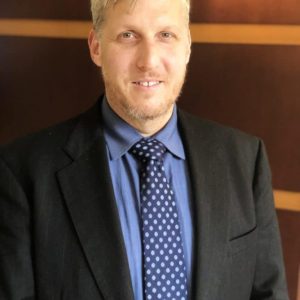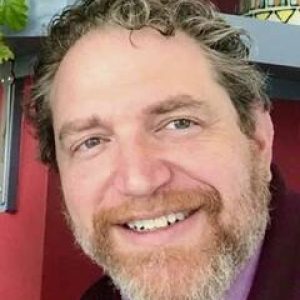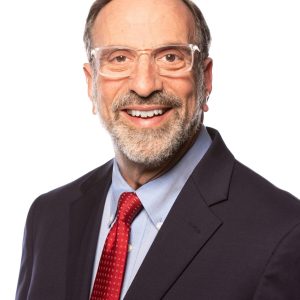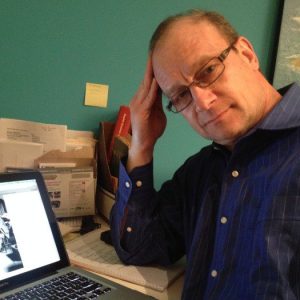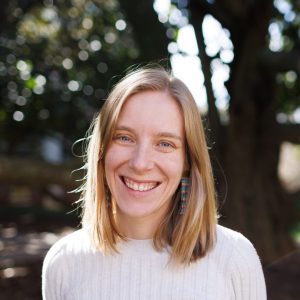A Message from Rabbi Neil Sandler
By Neil Sandler
Rabbi Emeritus
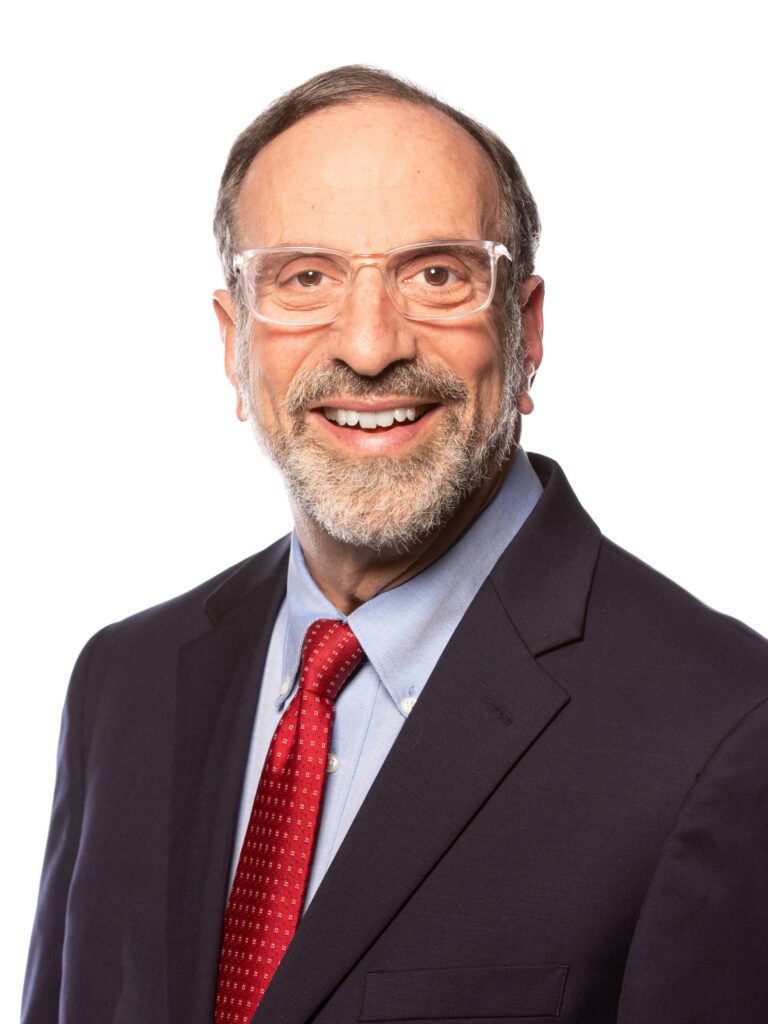
Each year, I grow older. Each year, I add to the number of times I lead the Passover Seder. And each year, I add to the number of times I or someone else in our seder offers the familiar words from the Book of Exodus, "You shall tell your child." We reflect on those words and consider what it means to share the Passover story with our children and grandchildren. What sentiments are we to share with those who will follow us? What are the generations supposed to take away with them from the seder that addresses our people's past and enhances its future?
This year, a unique pre–Passover experience added a dimension to my understanding. Along with our cousins from Mississippi, Susan and I spent nearly one month in central Europe prior to Passover. On a tour of the Jewish section of Budapest, our guide shared the point of differentiation between the interior and exterior of the ghetto. There, at that point of differentiation, were the familiar Passover words of the Haggadah—"You shall teach your child."
A long time ago, I learned the world can be a difficult place to navigate. Sometimes, the world can be a very cruel place that causes harm and pain. At other times, the world can bring comfort and understanding. What does the world bring us at the Passover seder? The answers are not so simple. They may include the recognition of a world that continues to harm us. They may also encourage us to see a world that beckons us to care about the welfare of others even when we have no ostensible reason to do so.
This year, I learned that responses to the Passover seder declaration, "You shall teach your child," lie at the point where the world's ambivalence meets, where the interior and exterior of the Budapest ghetto meet. "You shall teach your child." What shall you teach? It's not an easy question.
Susan joins me in wishing you and your loved ones a very happy and healthy Passover.












